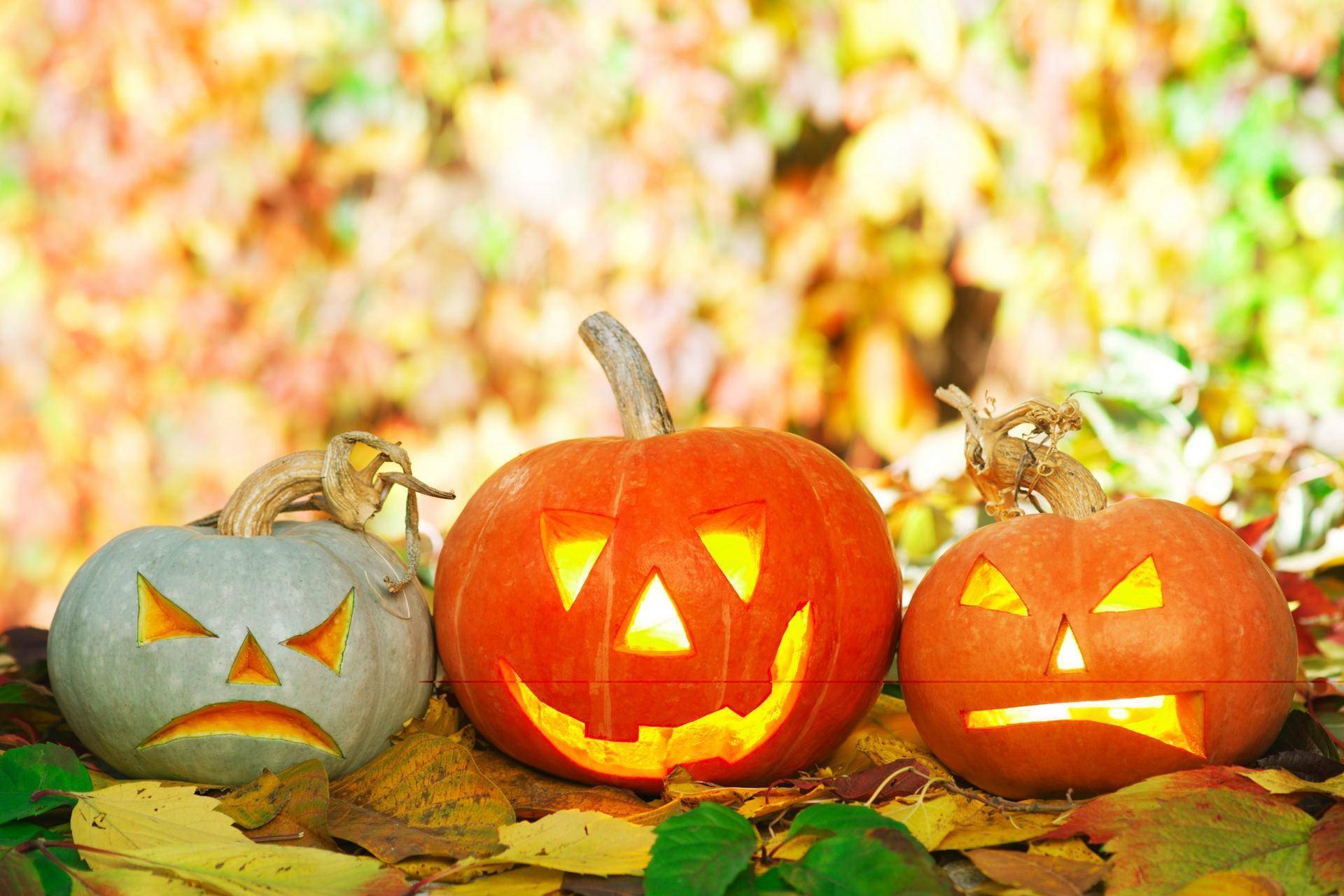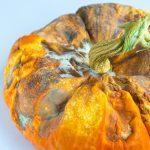By Nick Volesky
Carving pumpkins into jack-o’-lanterns is an art form that comes in all shapes, sizes and levels of difficulty. The final product (usually) makes the pumpkin carvers proud and anxious to display their work. However, often just a few days later, the pumpkin creation may start to wither and rot, and eventually, mold will take over. Why does this happen?
When you carve a pumpkin, it exposes the insides, making it more susceptible to infection through air flow. The environment (temperature, sunlight, etc.) can also be a factor in the pumpkin’s quality.
Molds are a fungal micro-organism that have the potential to live everywhere. These fungi release tiny, lightweight spores that allow them to travel through the air. They can then infect and cause carved pumpkins to shrivel, soften and start to grow fuzzy, grey mold. Some common interior molds include Cladosporium, Penicillium, Aspergillus and Alternaria.
Consider these methods to help preserve your carved pumpkin:
1. Thoroughly wash your pumpkin before cutting into it.
2. Sterilize spoons, knives or other carving tools before use, especially between pumpkin carving.
3. Remove all the pumpkin’s insides to reduce the surface area where potential fungi can grow.
4. Dip, wash or spray your finished carving with a 10 percent bleach solution. This will kill any microorganisms on your pumpkin.
5. Rub the cut areas with petroleum jelly, which helps lock in the moisture and slow the drying process.
6. Consider using an electric light or glow stick instead of a candle. This will prevent the gourd from “cooking” and spoiling faster.
Click here to see a video with tips on pumpkin preservation.



